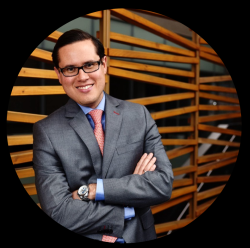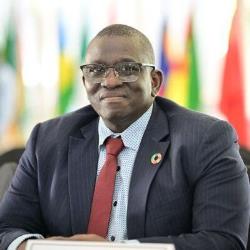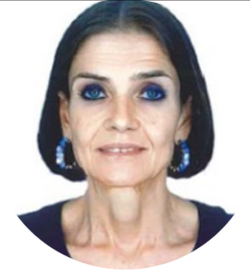Inter-regional Dialogue: AI and Emerging Technologies; Public Policies Issues in Different Regions
ESCWA in collaboration with the UN Regional Commissions
Session 548
As we mark two decades since the World Summit on the Information Society (WSIS), artificial intelligence has emerged as a transformative force reshaping economies, governance, public services, and human development.
The Global Digital Compact (GDC), as one outcome of the UN Summit of the Future in Sep 2024, emphasizes the need for inclusive, safe, and rights-respecting digital technologies, with AI specifically highlighted as a transformative but high-risk area requiring coordinated governance.
The UN Regional Commissions (UNRCs) - ESCWA, ECA, ECLAC, ESCAP and UNECE are uniquely positioned to address regional disparities, share knowledge, and forge collaborative strategies to harnessing Responsible AI & Emerging technologies, Public Policies Issues in different parts of the world: Data Technologies and Cloud Computing, and ensure that AI serves sustainable, inclusive, and human-centered development.





-
 C11. International and regional cooperation
C11. International and regional cooperation
Through engaging representatives from five UN regions, this dialogue explores how coordination can promote responsible AI governance, data equity, and capacity building, laying the groundwork for deeper intra and inter-regional cooperation of AI & Emerging Technologies such as Data Technologies and Cloud Computing. It spotlights best practices, regional challenges, and the potential for a harmonized approach to AI & Data that respects cultural and developmental contexts.
-
 Goal 8: Promote inclusive and sustainable economic growth, employment and decent work for all
Goal 8: Promote inclusive and sustainable economic growth, employment and decent work for all
-
 Goal 9: Build resilient infrastructure, promote sustainable industrialization and foster innovation
Goal 9: Build resilient infrastructure, promote sustainable industrialization and foster innovation
-
 Goal 17: Revitalize the global partnership for sustainable development
Goal 17: Revitalize the global partnership for sustainable development
Harnessing AI and emerging technologies for inclusive and sustainable development in key economic, social and cultural sectors.
- Objective 5: Enhance international governance of artificial intelligence for the benefit of humanity
https://www.unescwa.org/
https://www.unescap.org/
https://www.cepal.org/en
https://www.uneca.org/
https://unece.org/
@UNESCWA, @UNESCAP, @eclac_un, @ECA_OFFICIAL, @UNECE